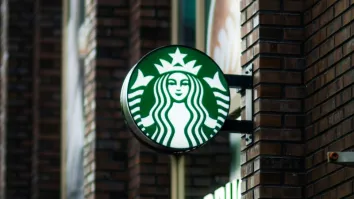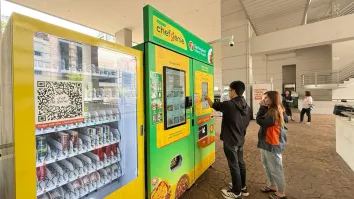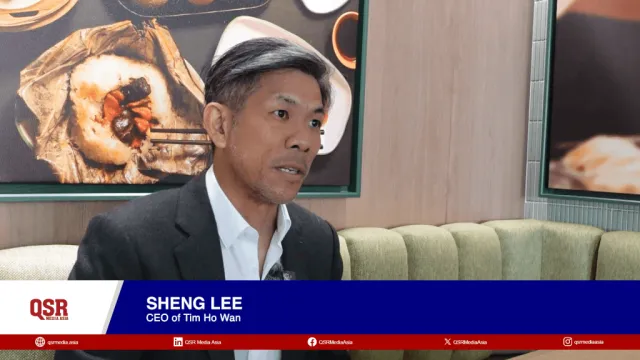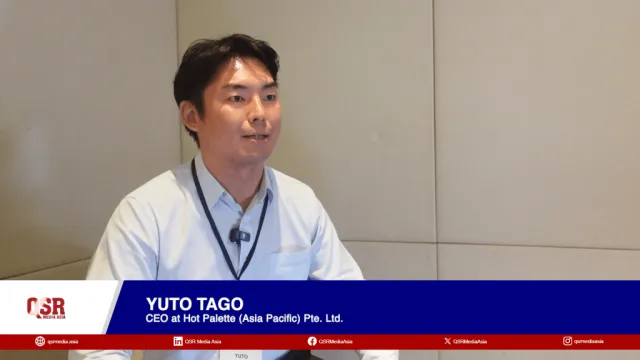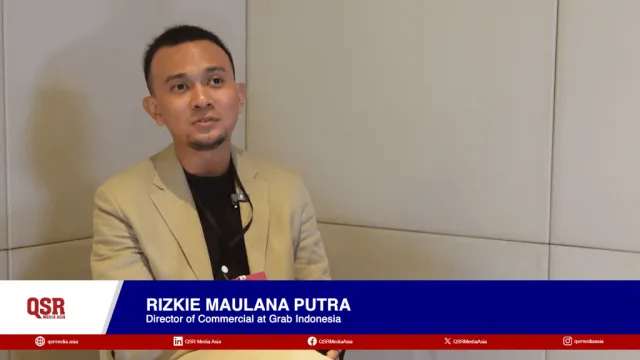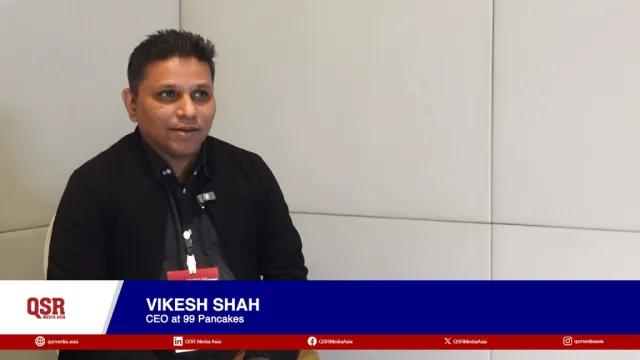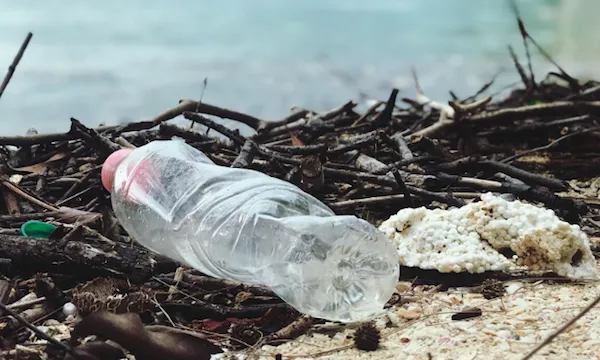
F&B businesses in SEA say efforts to cut on plastic waste “not sufficient”: UNEP
Consumers’ focus on recycling is also increasing.
Despite sustainability efforts possibly deprioritised in the short-term due to COVID-19, food and beverage (F&B) businesses across Southeast Asia agree that they need to do more to tackle long-term implications of plastic waste issues and prioritise recycling efforts.
A regional survey conducted by the United Nations Environment Programme (UNEP) and Food Industry Asia (FIA) revealed a “significant disconnect” between expectation and action from both consumers and F&B businesses on reducing plastic waste.
The survey polled consumers and businesses in five countries that are estimated to be amongst the top ten sources of plastic marine debris globally: Indonesia, Malaysia, the Philippines, Thailand and Vietnam.
82% of businesses in the five countries surveyed say they are extremely concerned about plastic waste issues, but less than half feel their current efforts are sufficient to address the problem.
80% of businesses have explicit targets to address plastic waste, but less than one-third communicate it externally. Amongst business targets to reduce plastic waste, 74% are quantitative whilst 59% have indicated deadlines.
Many businesses are also not yet engaged in industry collaborations to tackle plastic waste issues. Over half of businesses (51%) indicated are not part of any group tackling plastic waste issues. This ranges from 76% in Vietnam to 24% in Thailand.
91% of consumers, meanwhile, state that they are concerned about plastic waste issues, but fewer than half are less likely to buy a product from non-recycled material.
Whilst only 54% of consumers are recycling and converting their plastic waste into useful products, 38% more have indicated their interest to do so in the next 12 to 18 months.
Both consumers and businesses also want and expect further action by governments, with key actions considered most critical include mandating waste segregation, enhancing collection systems, ensuring consistent labelling on product recycling, and imposing littering fines and charges.
The surveys were conducted from January to April 2020, sampling 2,000 consumers and 400 food and beverage businesses across the five countries. A similar survey is expected to be conducted in 2022 for comparison.
“Many more businesses need to join platforms to scale up efforts. Policies, projects and funds must work concurrently, as must key actors across the plastics value-chain to build a multi-stakeholder approach that enables businesses, consumers and governments to find ways to create circular approaches to plastics,” FIA executive director Matt Kovac said.


